Mental models are frameworks or cognitive tools that help us understand and interpret the world around us. They are mental representations of how things work, and they shape our perception, reasoning, and decision-making. Mental models can be thought of as simplified models or maps that help us navigate complex situations and make sense of information.
Here are a few key characteristics and functions of mental models:
Simplification
Mental models simplify reality by reducing complexity and organizing information into coherent structures. They allow us to make sense of the world by focusing on essential aspects and ignoring irrelevant details.
Interpretation
Mental models help us interpret and understand new information by providing a framework for organizing and categorizing it. They enable us to make connections, identify patterns, and extract meaning from our experiences.
Prediction and Decision-making
Mental models allow us to predict the likely outcomes of actions or events based on our understanding of how things work. They serve as a guide for decision-making, helping us assess risks, evaluate options, and choose the most effective course of action.
Problem-solving
Mental models provide a structured approach to problem-solving by breaking down complex problems into manageable parts. They help us analyze situations, identify variables, and consider different perspectives and possible solutions.
Bias Reduction
Mental models can help mitigate cognitive biases by providing alternative ways of thinking and decision-making. They allow us to challenge our preconceptions, question assumptions, and consider different viewpoints.
Learning and Adaptation
Mental models are dynamic and can be refined and updated as we learn from new experiences and information. They facilitate learning by providing a framework for organizing knowledge and integrating new insights into existing models.
Mental models can vary across individuals and domains of knowledge. They can be influenced by personal experiences, cultural background, education, and expertise in specific areas. Developing a diverse set of mental models and being open to updating and refining them is crucial for effective decision-making and problem-solving.
